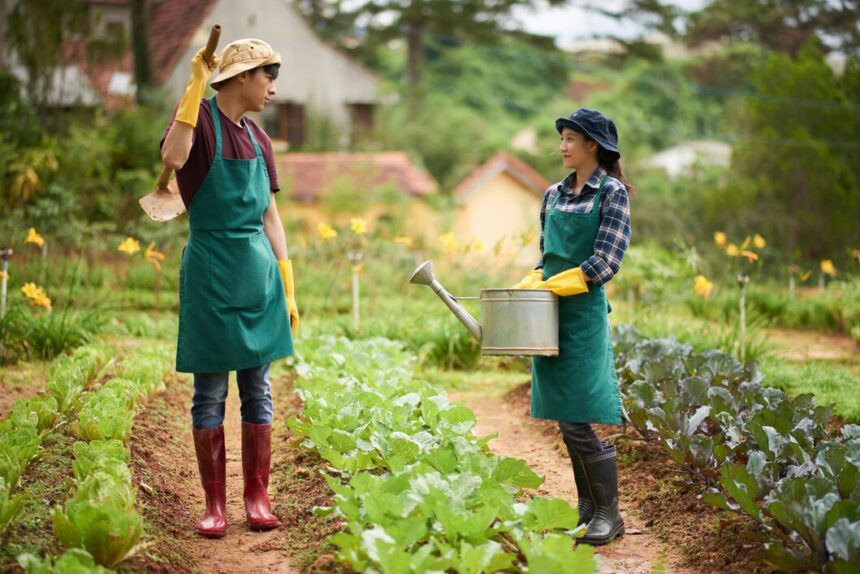Farming in South Africa has the potential to transform communities, improve food security, and create sustainable livelihoods. To harness this potential, it is essential to cultivate a farming mindset among the youth. Here are ten effective strategies to inspire and empower young South Africans to embrace agriculture as a viable career and lifestyle.
1. Incorporate Agriculture into Education
Integrating agricultural education into the school curriculum can help students understand the importance of farming from a young age. Practical lessons on crop cultivation, animal husbandry, and sustainable practices can ignite interest and passion for agriculture.
2. Promote Agricultural Entrepreneurship
Encouraging youth to explore agricultural entrepreneurship can stimulate innovation in the sector. Workshops on business planning, marketing strategies, and financial management can equip young people with the skills needed to start their own agricultural ventures.
3. Facilitate Access to Resources
Access to land, funding, and tools is crucial for aspiring young farmers. Establishing programs that connect youth with agricultural resources, such as grants, microloans, and community gardens, can help overcome barriers to entry.
4. Leverage Technology
Technology plays a vital role in modern agriculture. Introducing youth to agricultural technology—such as drones, precision farming tools, and apps for farm management—can enhance productivity and make farming more appealing to the tech-savvy generation.
5. Highlight Successful Role Models
Showcasing young farmers who have achieved success can inspire others to pursue agriculture. Media campaigns, local events, and social media platforms can be utilized to share their stories and encourage youth to consider farming as a career option.
6. Encourage Community Involvement
Creating community-based agricultural projects can foster collaboration and a sense of belonging among youth. Initiatives like community gardens, farming cooperatives, and youth-led agricultural events can encourage teamwork and a shared commitment to agriculture.
7. Offer Hands-On Training Programs
Practical training programs that provide hands-on experience in farming can significantly enhance interest. Partnerships with local farms or agricultural institutions can offer internships, workshops, and mentorship opportunities for young people.
8. Create Awareness about Food Security
Educating youth about food security and its challenges can instill a sense of responsibility and urgency. Discussions about the impact of farming on local and global food systems can motivate young people to contribute to solutions.
9. Support Environmental Sustainability
Promoting sustainable farming practices can appeal to environmentally conscious youth. Educational programs focused on organic farming, permaculture, and conservation can encourage a sense of stewardship toward the land and natural resources.
10. Foster a Culture of Innovation
Encouraging creativity and innovation in farming practices can attract young people to the sector. Competitions, hackathons, and innovation hubs focused on agricultural challenges can inspire youth to develop new ideas and technologies that improve farming efficiency and sustainability.
Cultivating a farming mindset among South African youth is essential for the future of agriculture in the country. By providing education, resources, and support, we can inspire the next generation to embrace farming as a rewarding and impactful career. With the right mindset, youth can become catalysts for change, contributing to food security, economic growth, and environmental sustainability in their communities.
Join 'Farmers Mag' WhatsApp Channel
Get the latest Farming news and tips delivered straight to your WhatsApp
CLICK HERE TO JOIN






